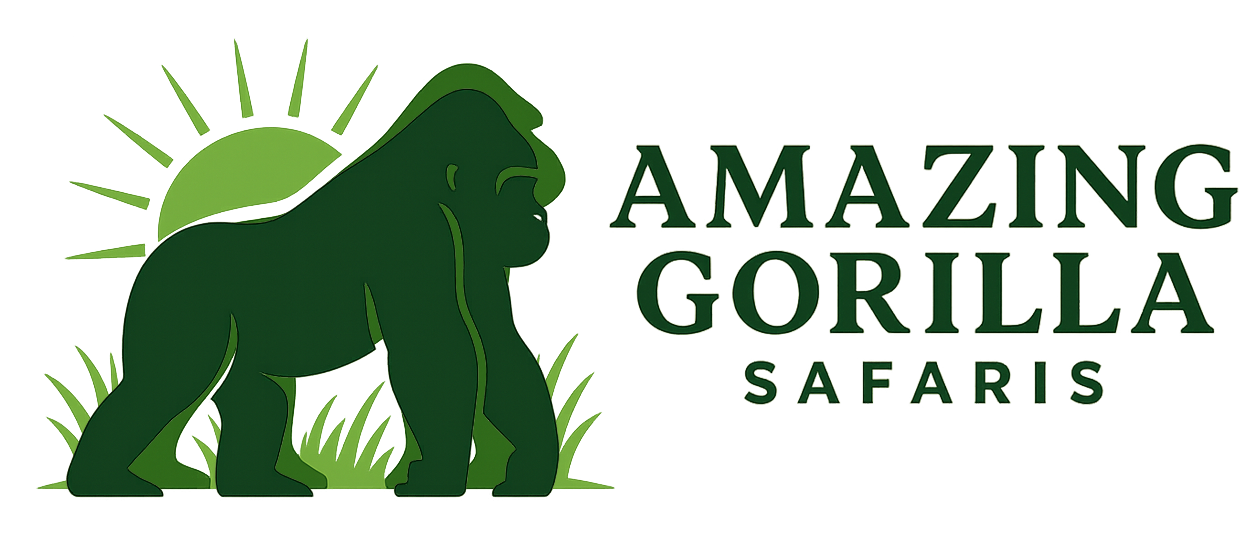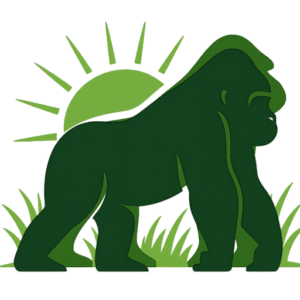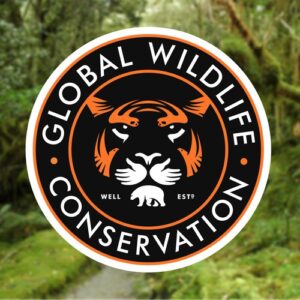Lake Kivu: Rwanda’s Sparkling Gem of Serenity and Adventure
On Rwanda’s western frontier, where rolling green hills meet the Democratic Republic of Congo, lies Lake Kivu, one of Africa’s most stunning and tranquil freshwater lakes. Stretching for more than 2,700 square kilometers, Kivu is part of the Great Rift Valley system and one of the largest of Africa’s Great Lakes. Its waters are framed by lush hillsides, dotted with islands, and lined with fishing villages and resort towns, making it both a place of quiet escape and a hub of cultural life. For travelers exploring Rwanda, Lake Kivu is the perfect complement to gorilla trekking in Volcanoes National Park or forest adventures in Nyungwe.
A Landscape of Beauty and Contrasts
Lake Kivu is not just vast—it is breathtakingly beautiful. Its shorelines curve around peninsulas and bays, creating an endless sequence of dramatic viewpoints. At dawn, the lake often lies wrapped in mist, while fishermen paddle out in dugout canoes singing traditional songs. By afternoon, its waters shimmer under the equatorial sun, and evenings bring fiery sunsets that cast gold and crimson across the horizon. From the hills surrounding the lake, visitors are treated to sweeping vistas where the mirror-like water reflects Rwanda’s famed “thousand hills.”
Towns and Gateways Along the Lake
Three towns serve as gateways to Lake Kivu, each offering its own flavor of the lake experience:
-
Rubavu (Gisenyi): Located in the north near Volcanoes National Park, Rubavu is the most lively of the lakeside towns. Its sandy beaches, hot springs, and lakeside resorts make it popular with both locals and international visitors. It’s the perfect place to relax after gorilla trekking, with sunset boat rides and beach strolls along the palm-lined waterfront.
-
Karongi (Kibuye): Further south lies Karongi, often described as the most scenic town on Lake Kivu. Its peninsulas and quiet bays create a peaceful setting, ideal for boat trips to nearby islands such as Napoleon Island, famous for its colonies of fruit bats. Karongi is also known for its tranquil lodges, where the focus is on relaxation, reflection, and lakeside charm.
-
Rusizi (Cyangugu): At the southern tip of the lake, Rusizi sits closest to Nyungwe Forest National Park, making it a natural stopover for travelers connecting forest treks with lakeside rest. It is quieter than Rubavu or Karongi, offering an authentic feel of local life along the borderlands.
Activities and Experiences on Lake Kivu
Lake Kivu is both a place to slow down and a place to explore. Activities include:
-
Boat Cruises: From short sunset rides to full-day excursions, boat trips reveal the lake’s islands, fishing villages, and birdlife.
-
Swimming and Kayaking: Unlike many African lakes, Kivu has no crocodiles or hippos, making it safe for swimming and water sports.
-
Coffee Tours: The fertile volcanic soils around Kivu produce some of Rwanda’s finest coffee. Visitors can tour plantations, learn about processing, and enjoy freshly brewed cups overlooking the lake.
-
Congo Nile Trail: This 227-kilometer trail runs along the lake’s eastern shore, offering multi-day hiking and cycling through villages, farms, and scenic hillsides. For adventurous travelers, it is one of the most immersive ways to experience Rwanda’s countryside.
-
Fishing Traditions: At night, visitors can watch fishermen paddle out in wooden boats lit by lanterns, their voices carrying across the water in haunting harmony—a cultural experience unique to Kivu.
Lake Kivu’s Cultural and Ecological Significance
Beyond its beauty, Lake Kivu plays an important role in Rwanda’s culture and economy. Fishing sustains lakeside communities, while tourism brings jobs and opportunities for growth. The lake is also rich in methane gas reserves, which are being harnessed sustainably to generate electricity for Rwanda’s growing energy needs. This balance of ecology, culture, and modern development makes Lake Kivu more than just a destination—it is a lifeline for the region.
Ecologically, the lake and its surrounding wetlands are home to diverse birdlife, from pied kingfishers and African fish eagles to cormorants and herons. The shoreline vegetation and forested hills support monkeys, otters, and other wildlife, ensuring that every visit carries the thrill of discovery.
Why Lake Kivu Captivates Travelers
For many visitors, Lake Kivu is where the journey through Rwanda slows down. After the intensity of gorilla trekking or the thrill of a Big Five safari in Akagera, Kivu provides space to breathe, reflect, and soak in Rwanda’s natural beauty. Whether lounging on a veranda with a view, paddling along the shore, or exploring the Congo Nile Trail, the lake captures the country’s softer, more contemplative side.
Lake Kivu is not simply a body of water—it is a destination of contrasts: vast yet intimate, calm yet alive with song, modern yet deeply traditional. It embodies Rwanda’s balance between progress and preservation, adventure and relaxation, people and nature. To visit Lake Kivu is to experience one of the most serene and soulful corners of East Africa.




